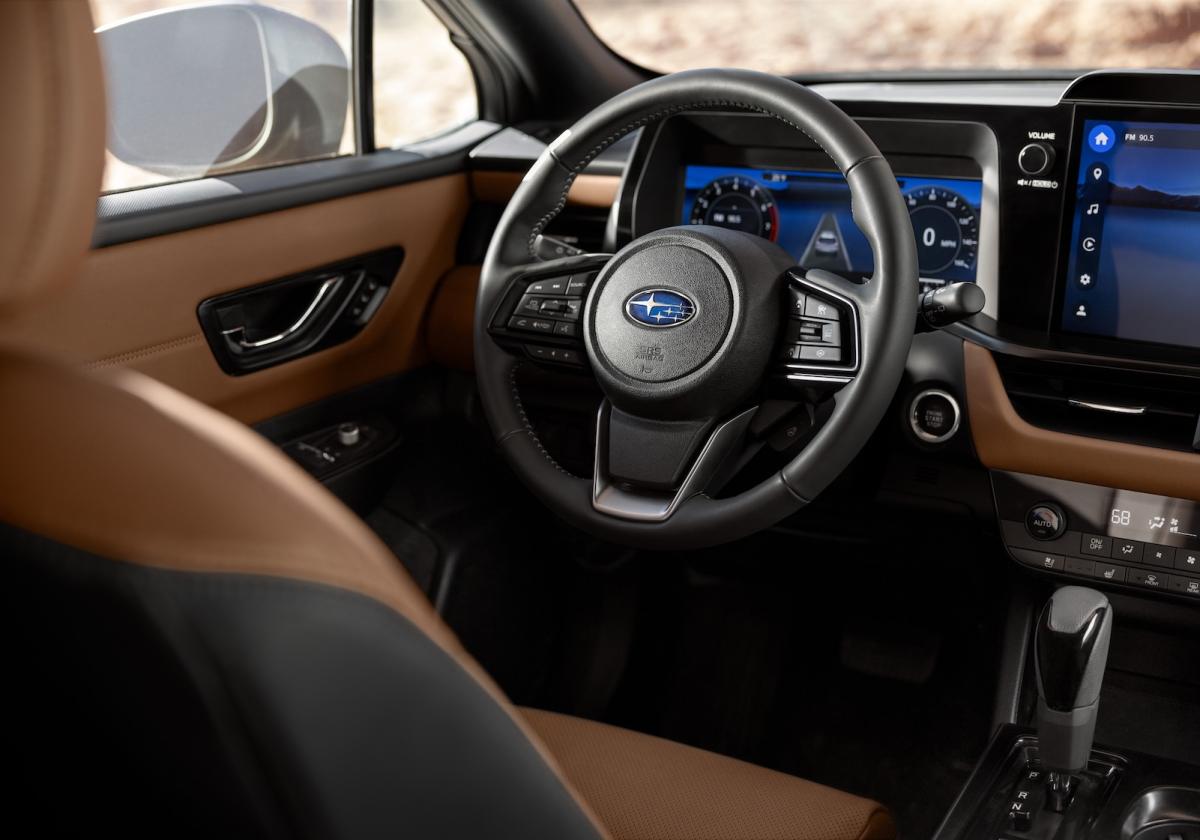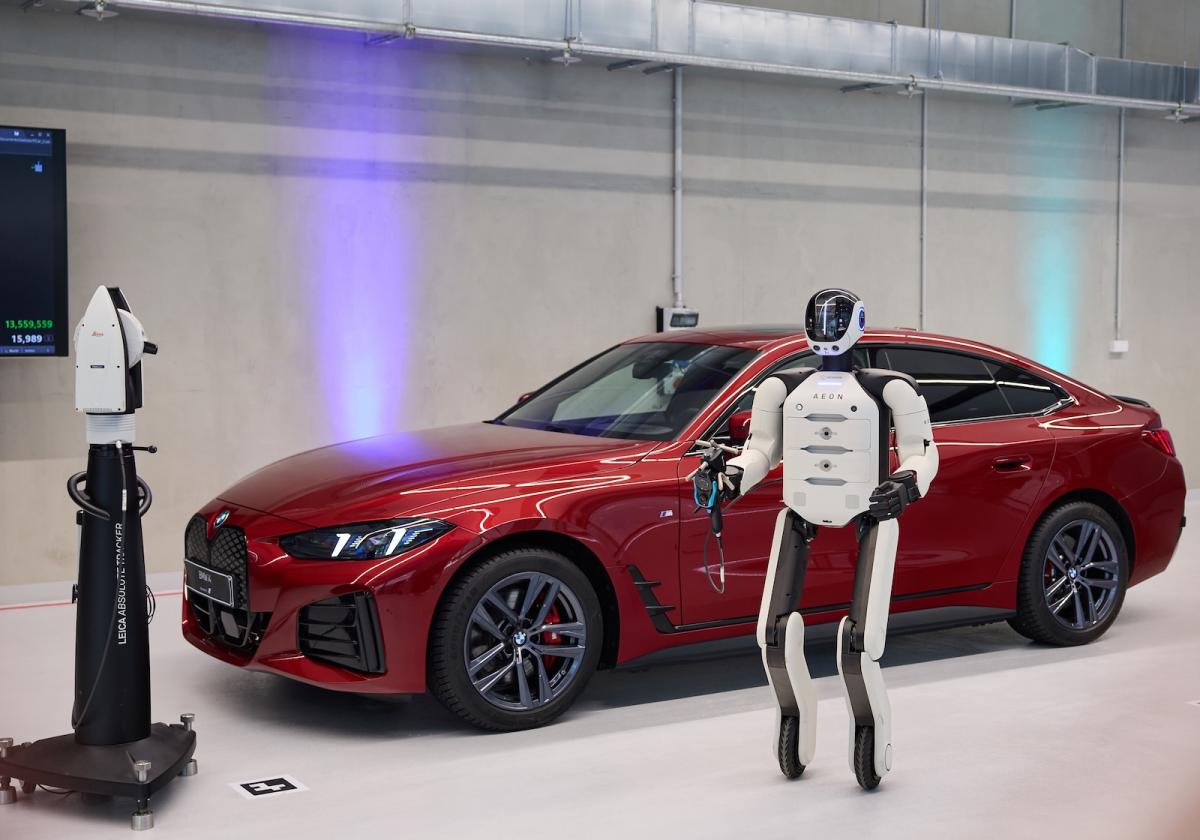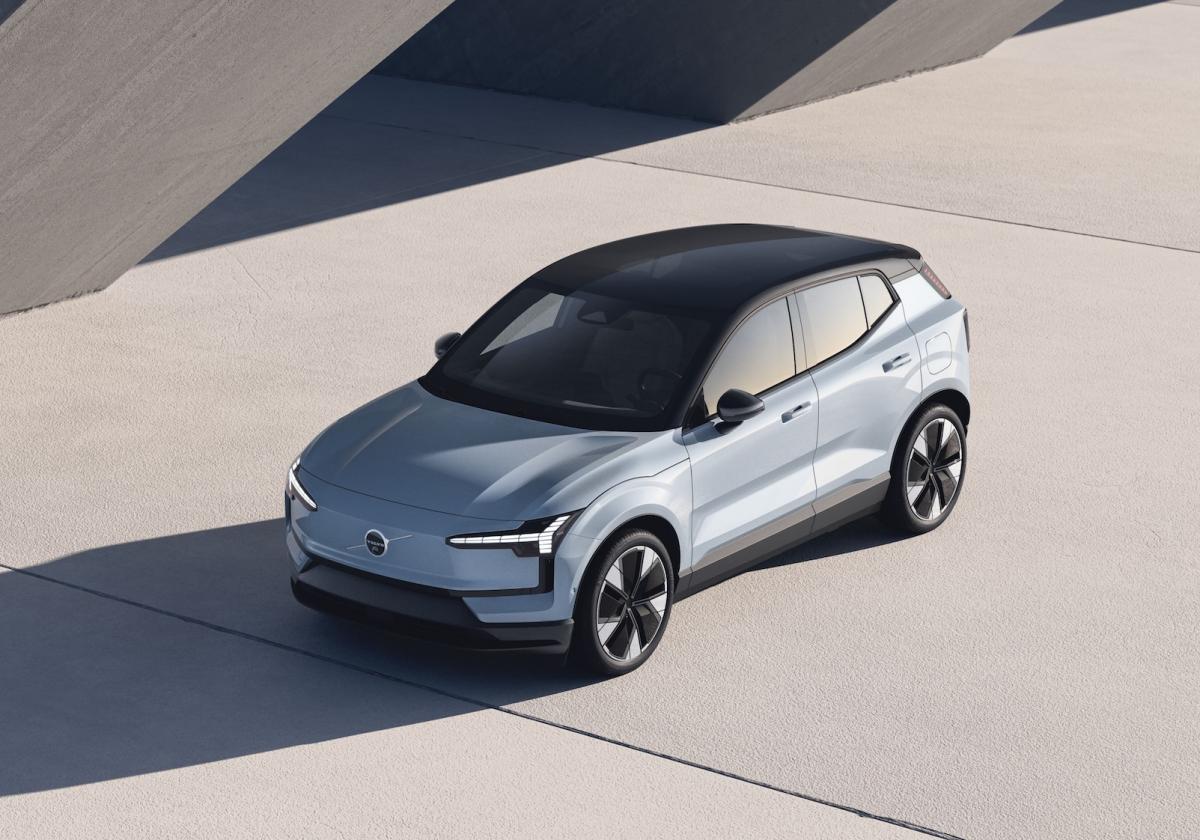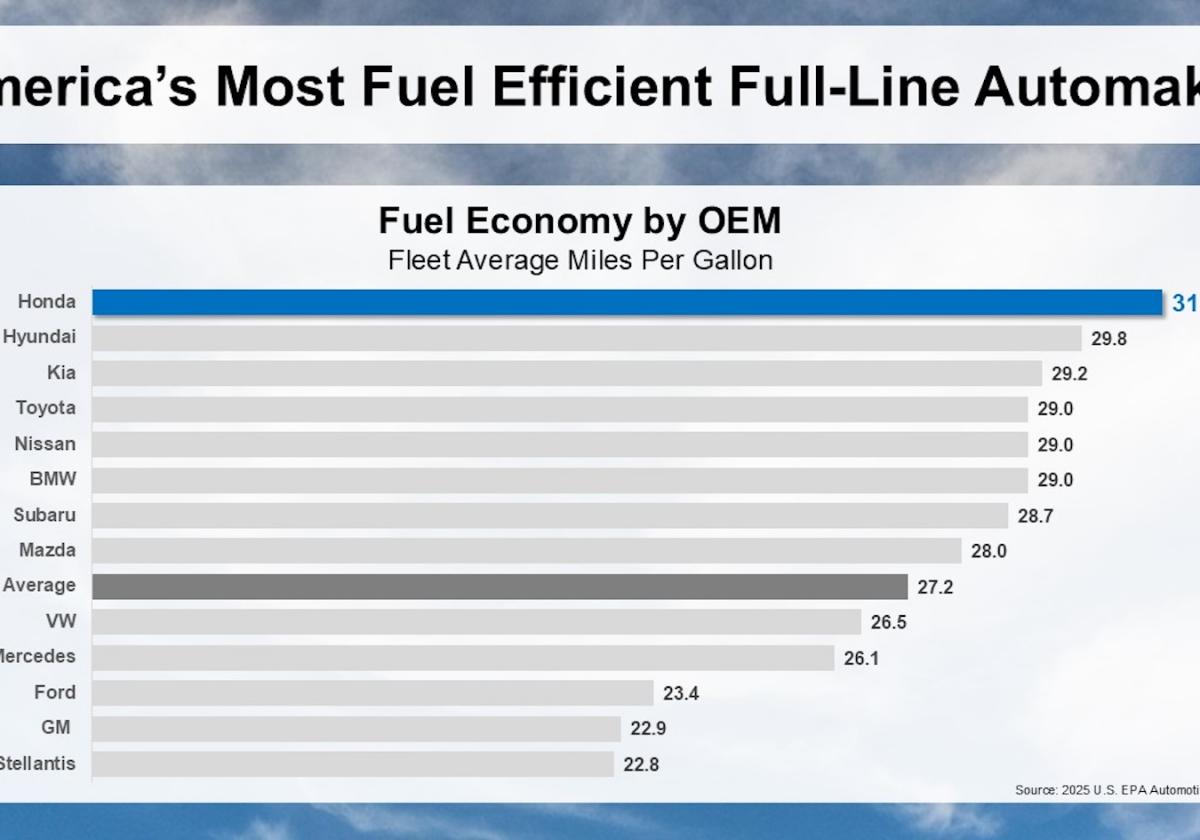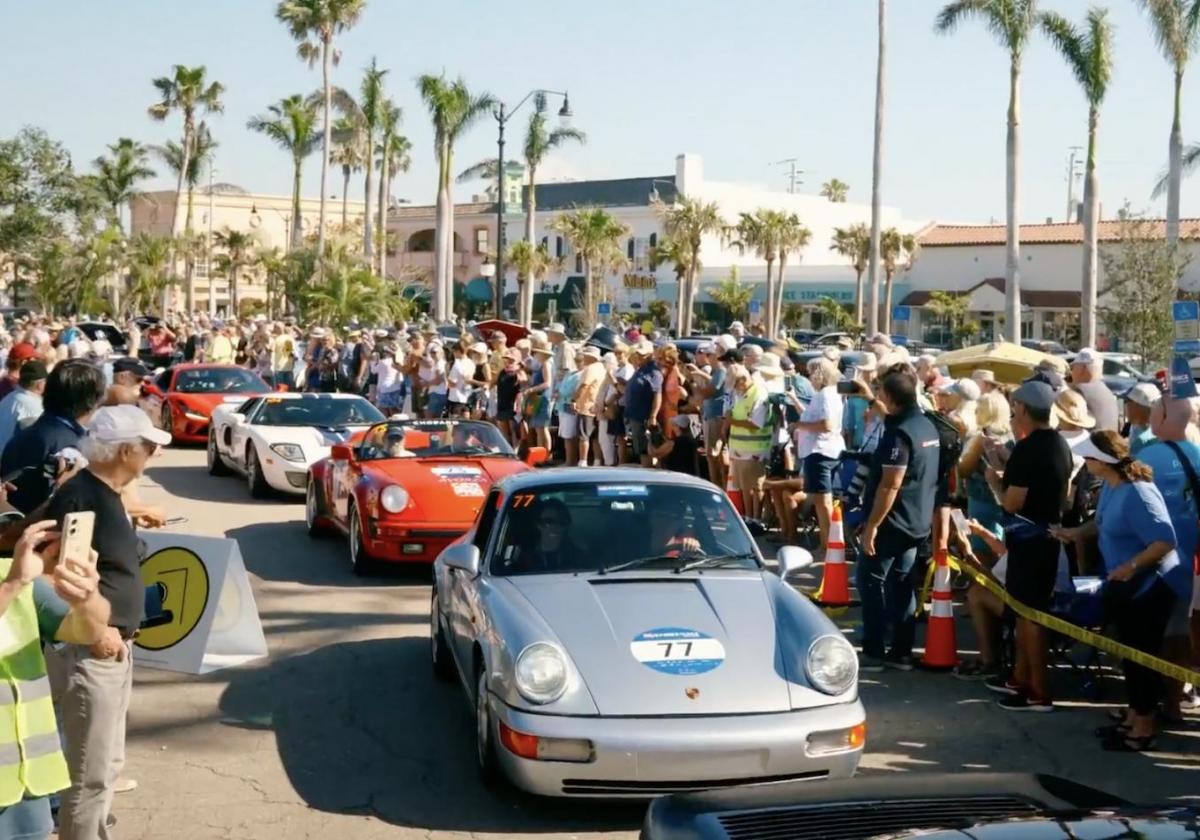At the 2024 Consumer Electronics Show (CES) in Las Vegas, Kia Corporation unveiled an ambitious plan to transform future mobility with its Platform Beyond Vehicle (PBV) business. Central to this is the introduction of an all-new modular electric vehicle platform that can be customized for various commercial and personal mobility applications.
Kia showcased five different PBV concept models built on this adaptable “skateboard” platform, including three Concept PV5 models, the larger Concept PV7 van, and the small Concept PV1 delivery vehicle. The versatile PV5 features a moveable, weld-less body structure that enables rapid conversion between configurations like a taxi, delivery van, or recreational vehicle using Kia’s “Dynamic Hybrid” coupling technology.
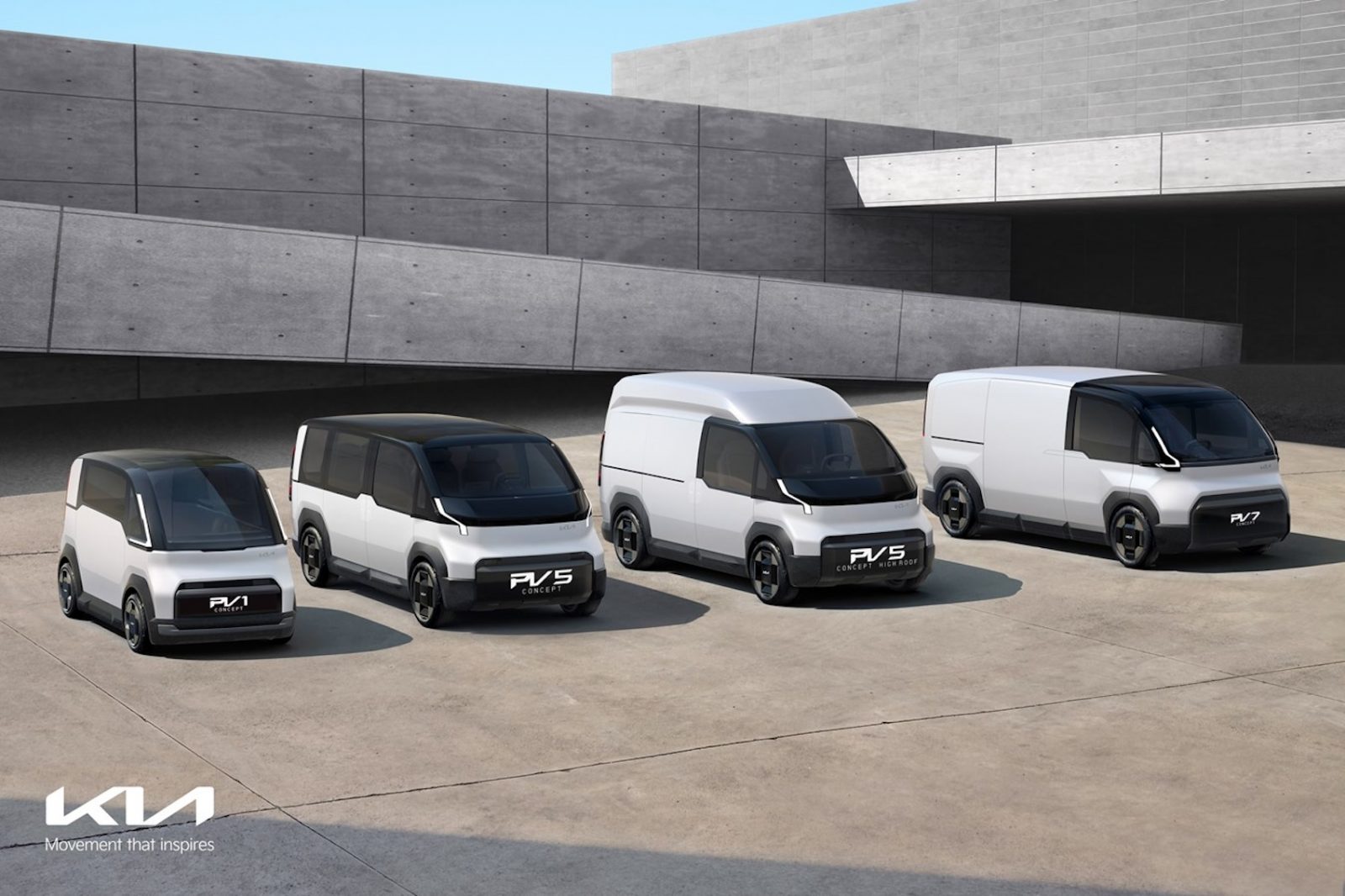
The PBV models leverage connectivity, electrification, autonomy, robotics, and air mobility to reimagine mobility as a service. Kia’s three-phase roadmap over the next decade involves introducing additional PBV models, advancing the software and AI capabilities for integrated fleet management and predictive maintenance, and offering highly customizable bespoke mobility solutions co-developed with partners.
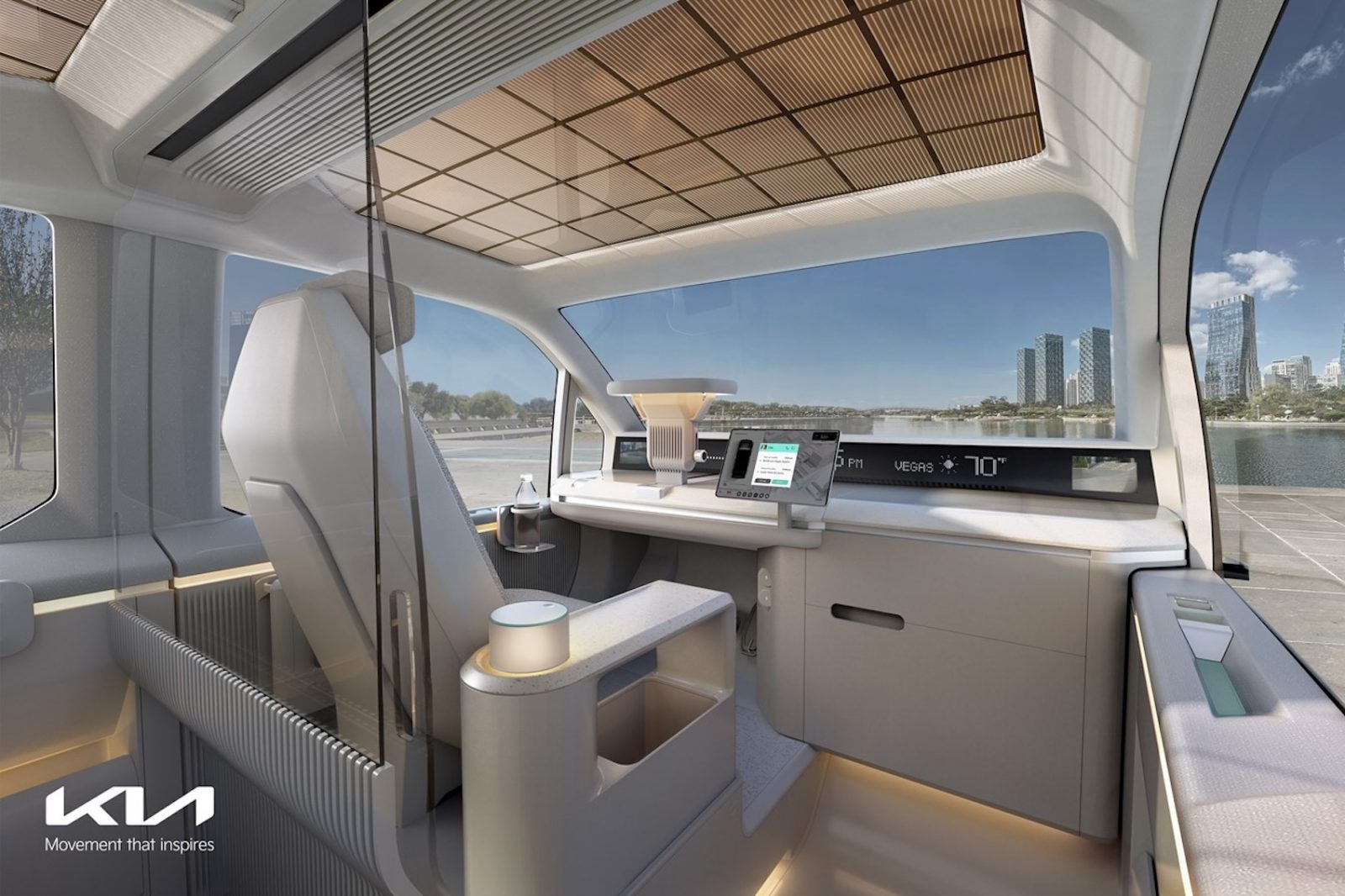
The modular design with flat, open interiors provides exceptional flexibility to suit evolving business and lifestyle needs. The rail-based “tiles” system enables seamless transfer of goods and accessories between PBV vehicles to simplify movement and logistics. Kia plans to construct a 150,000 unit per year PBV-dedicated production plant in Korea by 2025 and has announced partnerships with major companies like Amazon, Uber, Coupang and Dubai Taxi Corporation.
Our Thoughts
Kia has set its sights on the delivery van market, which has traditionally been dominated by models like the Ford Transit and Mercedes Sprinter. Considering the recent partnership announced between Hyundai and Amazon, can we expect significant orders of customized PBV vans to modernize and electrify Amazon’s vast delivery fleet? Given Amazon’s scale and Kia’s modular EV platform strategy, this collaboration could profoundly transform last-mile delivery while establishing Kia as a major player in sustainable commercial vehicles.


